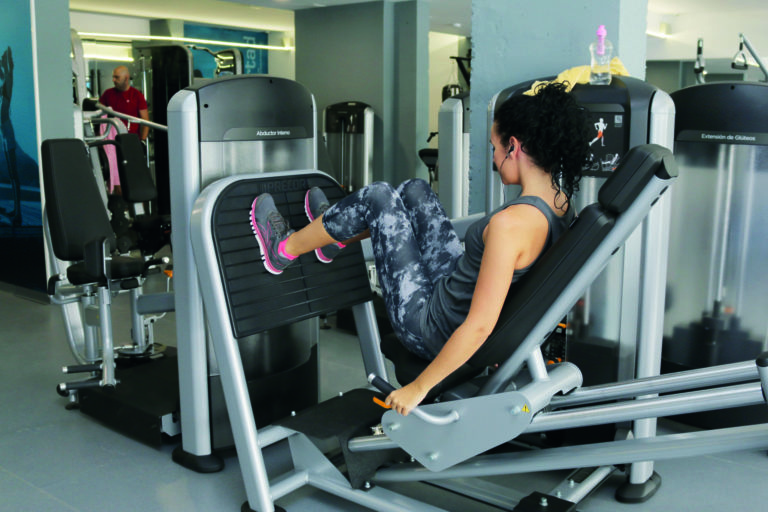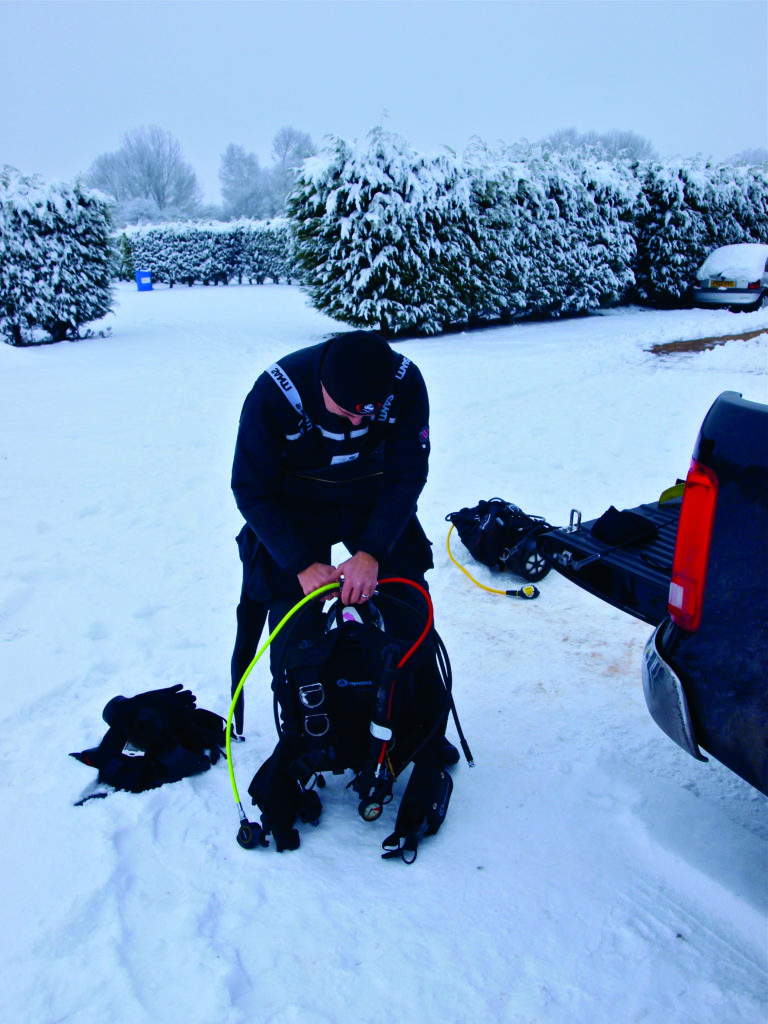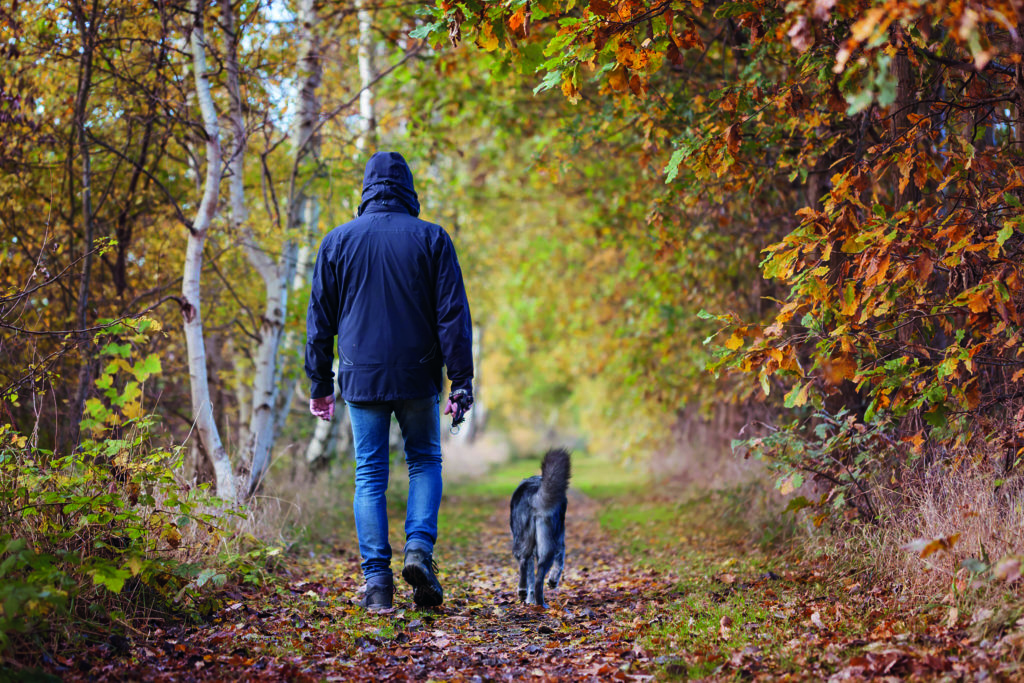Particularly for those who dive mainly in the UK or other coldwater locations, our panel of industry experts look at how to stay in good shape whatever the season
GUE’s John Kendall: “The best way of staying dive-fit during the winter months is not to stop diving. Winter conditions, while cold, can offer amazing visibility and some incredible dives. If, however, you don't feel like getting out of bed in the dark to try to kit up with snow on the ground, there are a number of things you can do to get yourself in top condition ready for the start of next season.
“Take the opportunity to increase your fitness. Get into the pool – doesn't matter how good you are but try to get swimming regularly. Set yourself goals (number of lengths, or time of constant swimming) that are achievable, but that challenge you.
“Swimming works all your muscle groups, but is also great for increasing cardio-vascular health. It's also a really good idea to link up with a local shop or club that provides weekly pool sessions. Regular pool sessions, at least once a month, give you the chance to practise those skills you might not have tried for some time, while also keeping your core competencies at an OK level.Diving Equipment
“If you' a’re taking time off from diving, use the break to make sure that all your dive equipment is serviced or repaired. This is a great time to make sure that your drysuit is actually dry, that the seals and zip are in good condition, and that everything will be ready for your next dive.
“Finally, consider a warmwater trip. The Mediterranean, the more accessible Atlantic islands or the tropics can have some great travel deals from the UK in the winter, especially if you are in a position to avoid the peak school-holiday times.”
Emily Petley-Jones, PADI Examiner & Regional Training Consultant: “When we come into the colder months, I keep diving! If the weather is unsuitable for diving around the coast, the UK benefits from a fantastic range of really well-equipped inland dive-sites that remain open year-round.
“Some of my best dives at these sites have been in the winter, because visibility in the lakes and quarries is generally better than it is in summer.
“I have even managed a cheeky ice-dive in the UK before. Do make sure that all your kit is rated for cold water and, if you haven’t tried using a drysuit before, this is a great time to complete your training!
“If the thought of diving in 4°C water really doesn’t appeal, and you choose to hang up your regulators through winter, it is a good idea to maintain your dive-fitness. You might find that your local dive-centre has pool workshops in which you can participate, or it might be running courses such as Freediver, which will teach you a different discipline and keep you active.
“Going to the gym or swimming are obvious options for keeping fit, but even changing day-to-day activities can be beneficial. For example, taking the stairs instead of the lift, or getting off the bus three stops early and walking the rest of the way.”
Tim Clements from IANTD: “It’s winter, it’s cold, the sea is dark and wavy. What can we do to get a good start on the next dive season? As well as the obvious gear maintenance, research and conference attendance activities, we can help our diving in a few simple ways.
“The first could be overall fitness, and that could be as simple as maintaining fitness from the current season or a New Year’s resolution to get into better shape than before for next year.
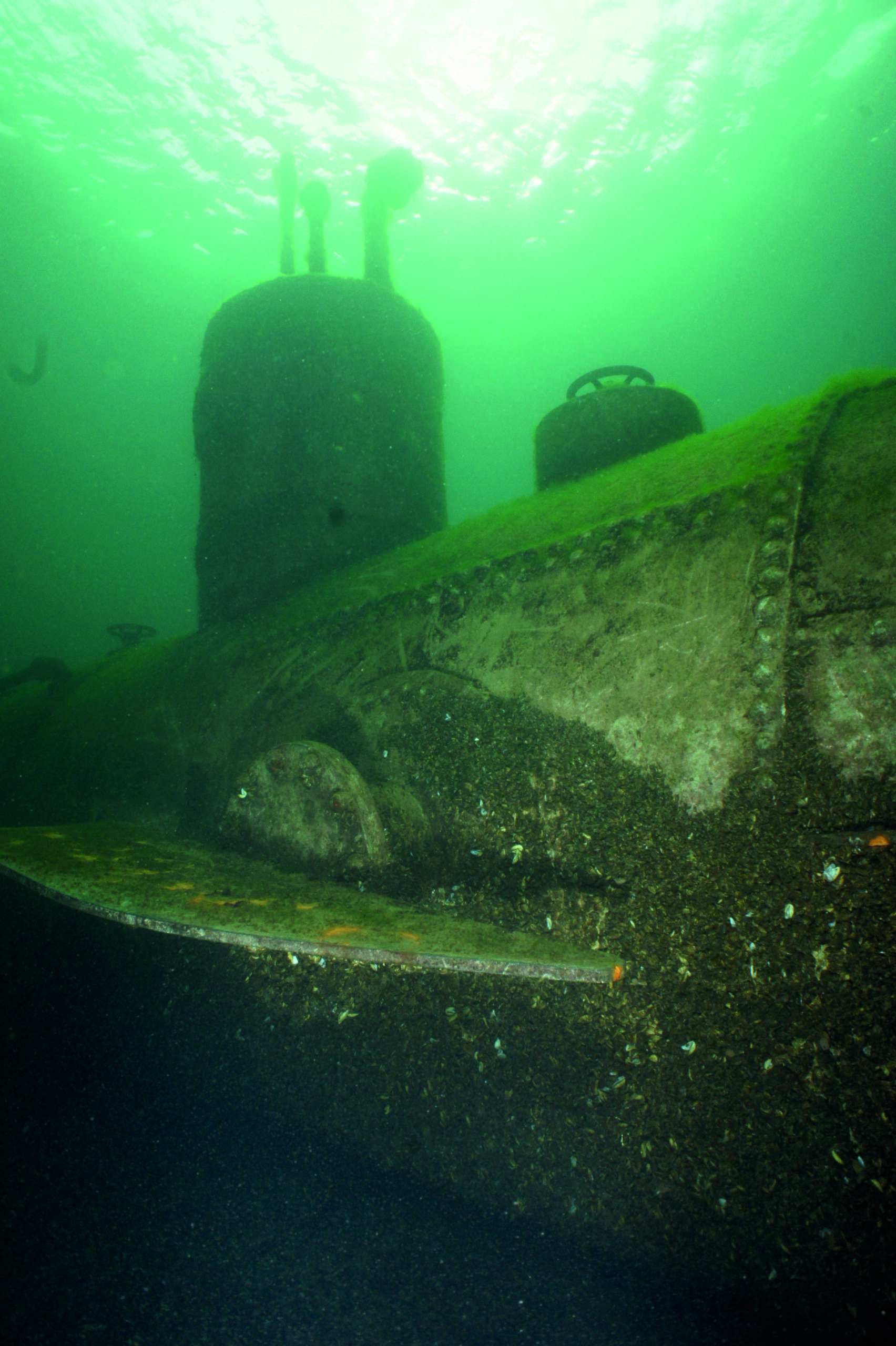
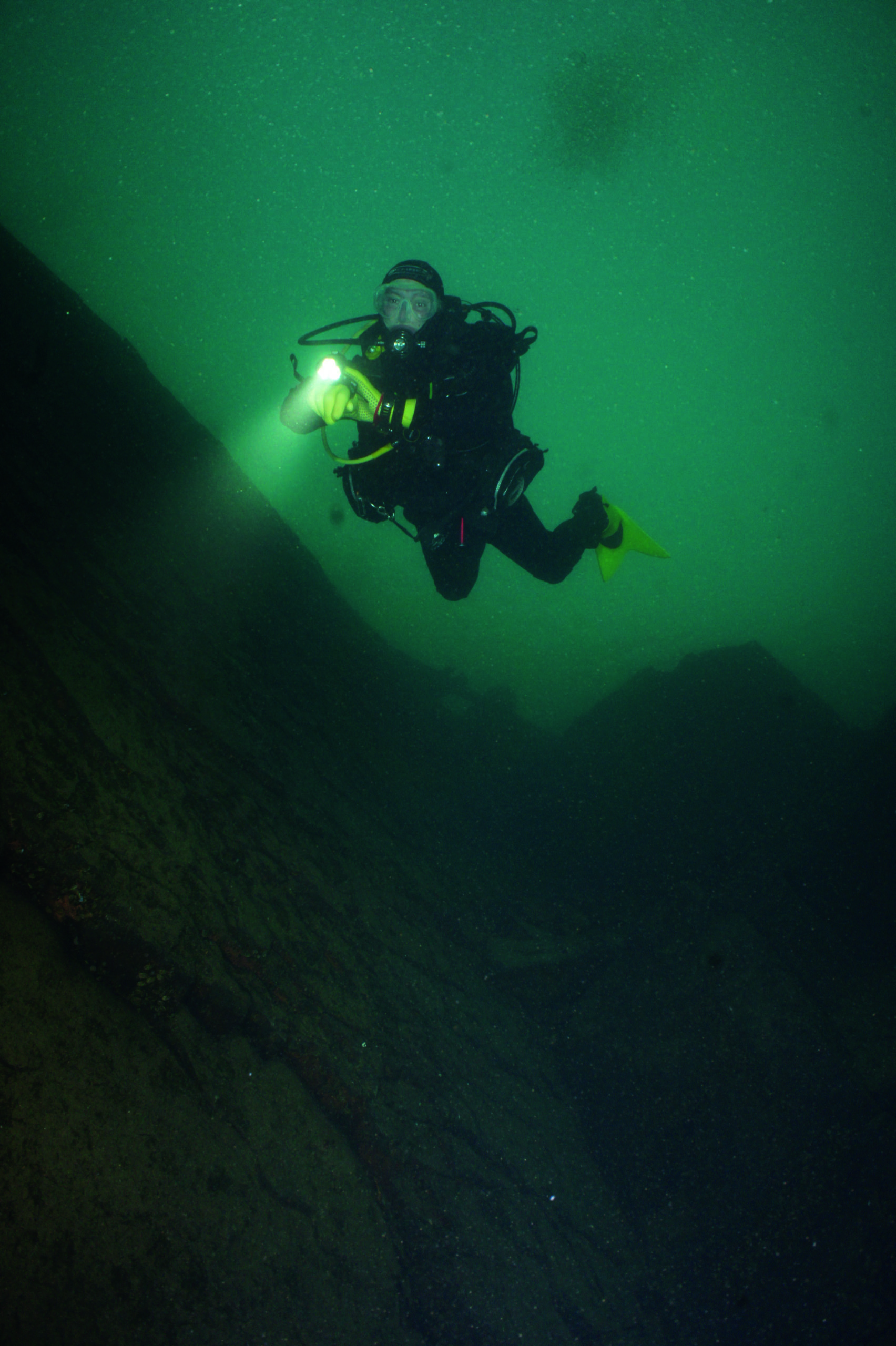
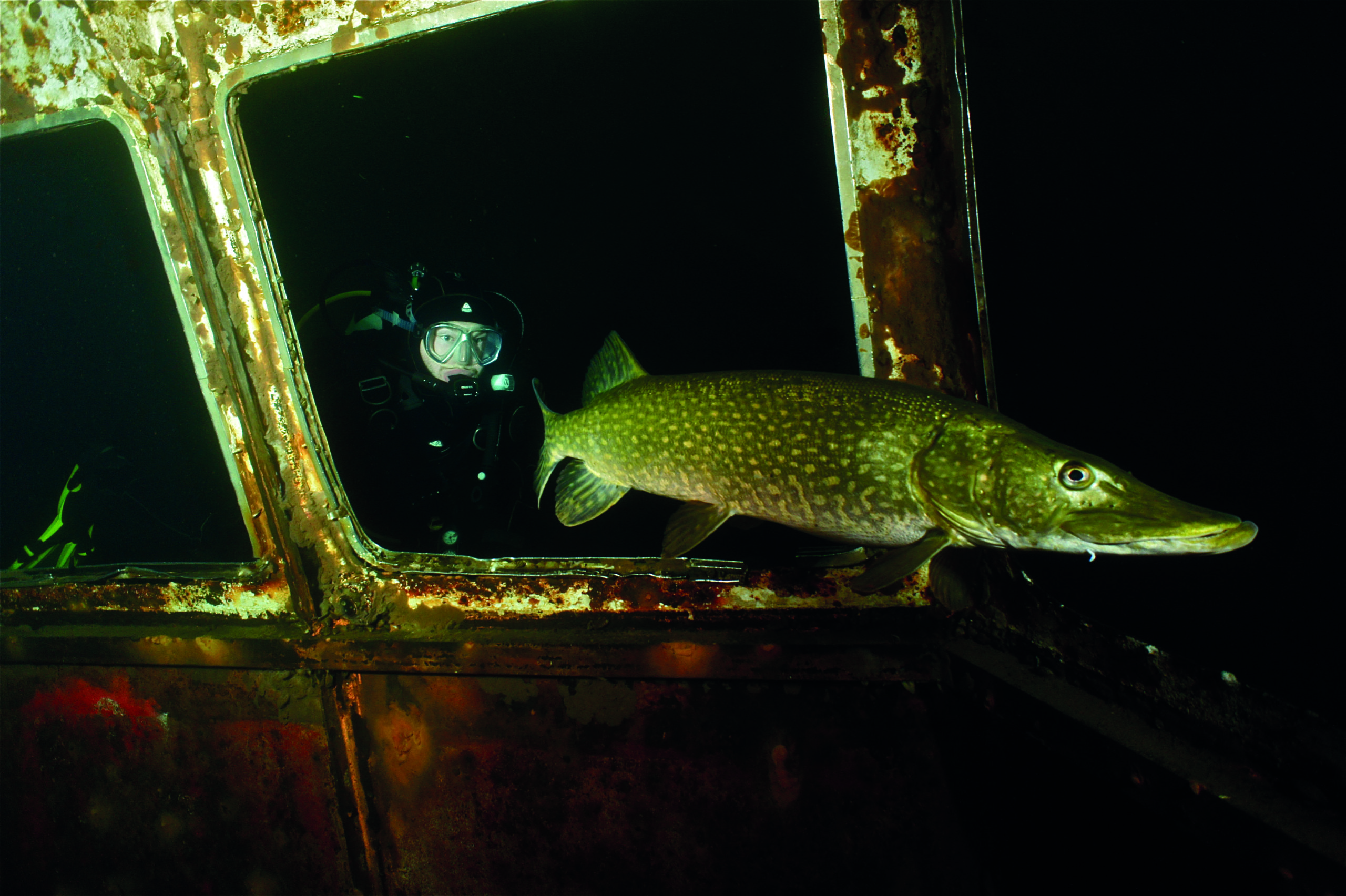
“Dive-fitness falls into two main categories – cardiovascular and specific activity fitness. There are plenty of opportunities to talk to expert trainers at gyms for guidance on exercises or programmes but, when you do, perhaps talk them through the muscles you use when diving.
“General cardio will build blood supply, cut down on fat and generally improve our decompression safety margin. Easy exercises consist of making the effort to maintain brisk walks or cycles instead of endless scuba social media – that will do your blood pressure good, too. Beyond that, a targeted programme of building endurance will deliver benefits for your diving.
“Specific fitness depends on what you do. Shutdowns are a good example. Keeping flexible and supple helps this skill to make your safety procedures more assured. Better safety, better mental state = more enjoyable and productive diving.
“Diving doesn’t have to stop. A few skills circuits during the winter will keep you sharp for diving. You don’t have to log endless cold hours, but you’ll stay dive-ready for any weather windows that pop up when January or February high-pressure systems arrive – keep an eye out and stay in touch with the skippers.
“Again, dive sensibly – you stay fresh for a summer of diving with gentler dives during the winter.”
Photograph by Mark Evans
Also on Divernet: Are You Dive-Fit?, Do You Need To Be Fit To Dive?, Let's Get Physical: Life-Cycle Of A Diver
